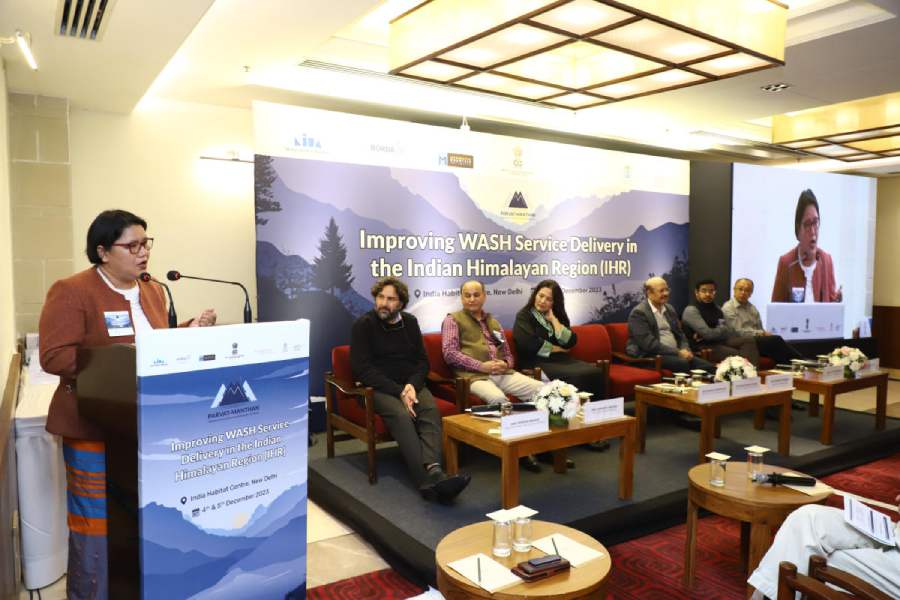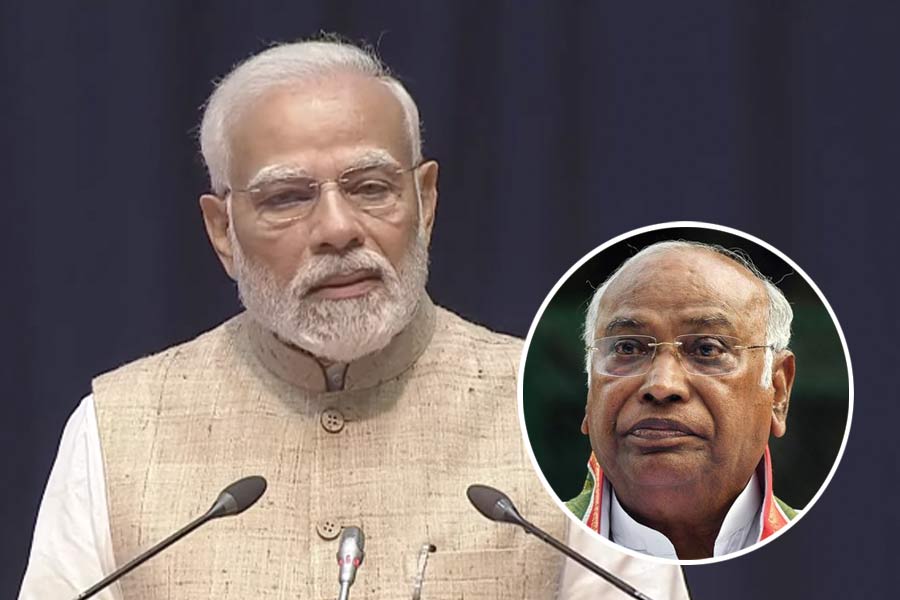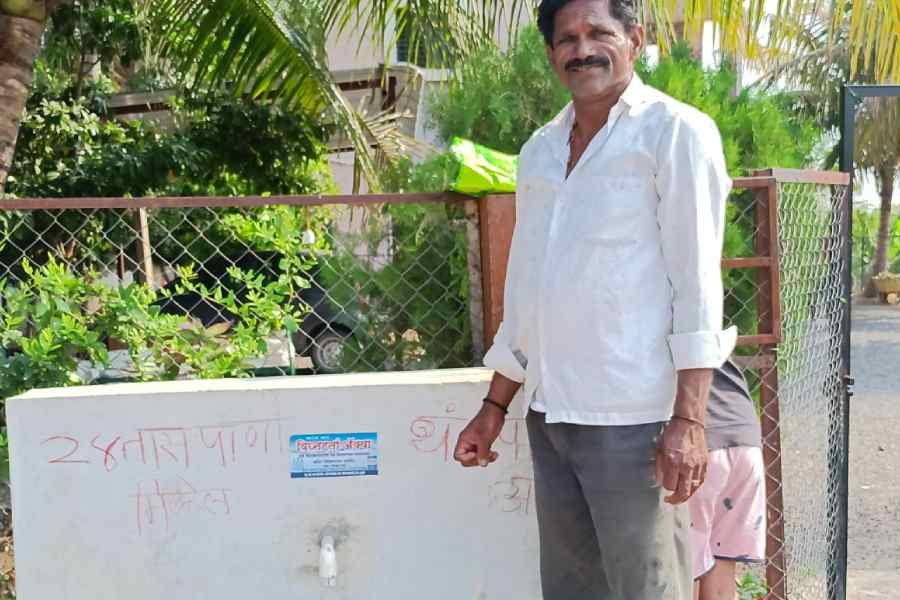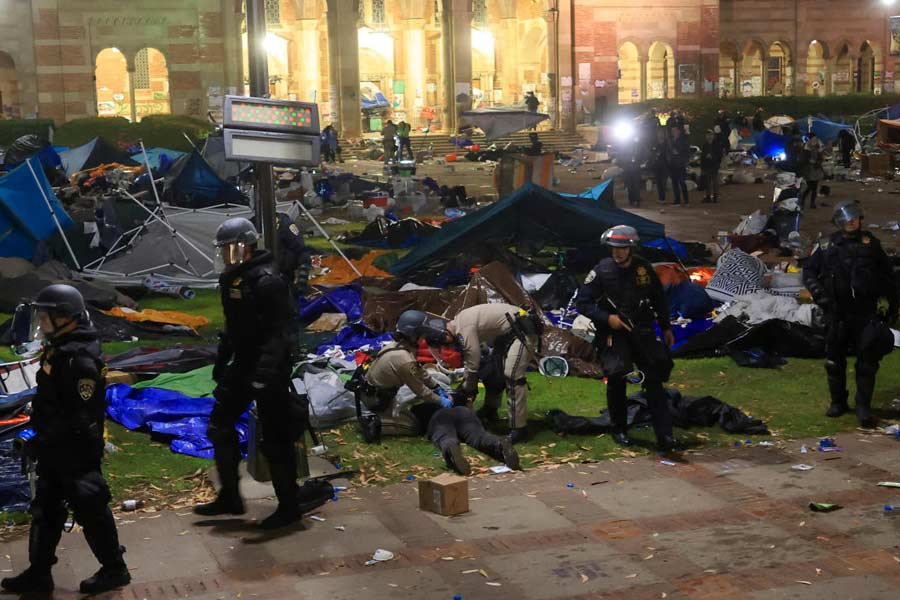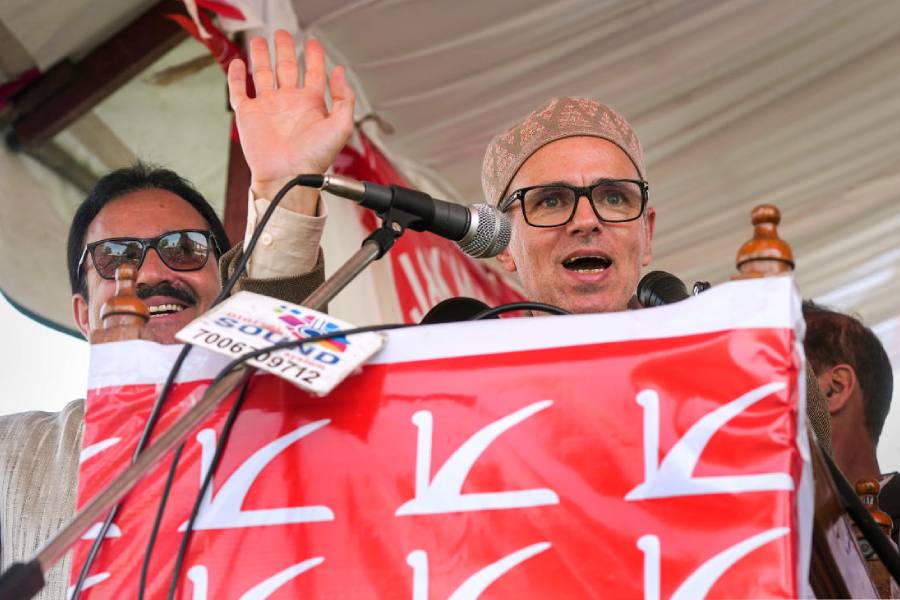The need for a separate policy for mountainous regions of the country is gaining traction with elected representatives from the Indian Himalayan Region (IHR) coming together to voice their concerns.
Mayors, chairpersons and councillors of urban local bodies and autonomous hill councils from Shimla, Palampur, Ladakh, Gangtok, Darjeeling, Pasighat, Aizawl, Lunglei and Tura participated in a two-day dialogue in New Delhi on Monday and Tuesday.
The initiative titled Parvat Manthan (reflection from the hills) was organised by the National Institute of Urban Affairs (NIUA) — an autonomous body under the ministry of housing and urban affairs, Bremen Overseas Research and Development Association (BORDA) — a nonprofit international development organisation headquartered in Bremen, Germany, and Integrated Mountain Initiative (IMI), a civil society-led forum in the Himalayan region.
“During this two-day dialogue, the focus was to discuss water, sanitation and hygiene (WASH), assess the capacities of ULBs, understand major bottlenecks and delineate future actions towards holistic sanitation and planning,” said Roshan Rai, a member of the IMI.
Most speakers stressed the need to “redefine what was urban in the mountain context” and sought a mountain-specific policy framing, sources said.
The other issues raised during the meeting ranged from adequate resource allocation for mountain ULBs, enabling capacities of the elected bodies and misplaced priorities on asset creation in the hill region.
“There was free interaction of experiences and ideas among elected representatives of local bodies during the two-day event. It also brought together the representatives of hill bodies to seek solutions to specific issues,” said Roshan.
Even though the two-day event had a specific topic — water, sanitation and hygiene —, representatives from the mountain regions started meeting frequently to push for their issues.
The Mountain Legislators’ Meet, which was first held in Nainital in 2011, is slowly influencing policy decisions for mountainous regions.
P.D. Rai, former president, IMI, said the body played a key role in setting up a working group in the planning commission during the finalisation of the 12 five-year plan in 2011.
“A separate division on mountain issues was also set up by the ministry of environment and forest,” Rai, who is also a former MP from Sikkim, had earlier said.
Many believe the initiative by the forum led to the formation of B.K. Chaturvedi Committee to look into all aspects of development in the mountain region.
“The outcome of an international seminar (organised by the IMI) which was taken to the parliamentary standing committee on water resources has led to many outcomes on issues of water security and also setting up a centre for glacial studies in Sikkim University with a grant of Rs 10 crore,” said Rai.

